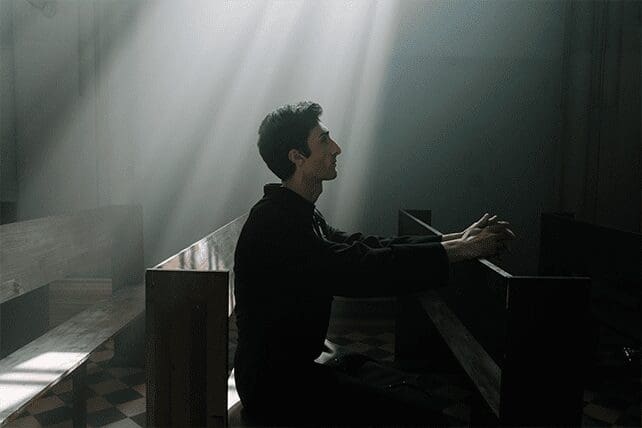Earlier this week, CNN raised the ire of some evangelicals by publishing the stories of former evangelicals who discussed one source of religious trauma: rapture anxiety.
Rapture theology, which is one part of Dispensationalism, posits that Christ will take Christians to heaven prior to his full return in glory. Those who hold to the Premillennial stance within Dispensationalism believe that this could happen at any moment, and that non-Christians will be left behind for the Great Tribulation.
While this particular eschatological belief is one of many viewpoints within the larger Christian church, it became extremely prevalent within evangelical circles during the latter decades of the twentieth century, even becoming a central point of emphasis for some prominent Christian leaders and inspiring myriad books and films, such as the “Left Behind” series.
For some who grew up in evangelical churches and homes where the rapture was spoken of constantly, they cite the theology as a source of religious trauma. April Ajoy, who spoke with CNN, said that she experienced fear that she would be left behind when the rapture came, a fear that surfaced once as a teenager when her house was quiet and she found only a pile of clothes on her parents’ bed.
RELATED: Francis Chan: Communion, Not Preaching, Should Be Central in Corporate Worship
“When I was probably 8 or 9, I remember my brothers and I spending a good 30 minutes looking out into the sky,” Ajoy told CNN. “We took turns counting down from 10, and in that time, we were convinced Jesus would come back.”
Ajoy, who is now an exvangelical but still identifies as Christian, often discusses faith, deconstruction, and religious trauma on her popular TikTok account. She also is one of the hosts of the podcast “Evangelicalish.”
Ajoy’s experience with rapture anxiety is not unique, as others have also described the existential dread that accompanies belief in the possibility of being caught in the middle of a sin when Jesus returns or being left behind entirely, likely later to be beheaded.
Darren Slade, president and CEO of the Global Center for Religious Research, described rapture anxiety as “a chronic problem” for many who struggle with religious trauma.
“This is a new area of study, but in general, our research has revealed that religious trauma leads to an increase of anxiety, depression, paranoia and even some OCD-like behaviors: ‘I need to say this prayer of salvation so many times,’ ‘I need to confess my sins so often,’” Slade told CNN. “Now imagine you are taught that at any minute, you could be left here on Earth. What does that do to the teenager who just had premarital sex, or even simply took the Lord’s name in vain?”
Ajoy said that she regularly receives direct messages on social media from followers who are grateful for her content, which validates and acknowledges their painful religious memories.

